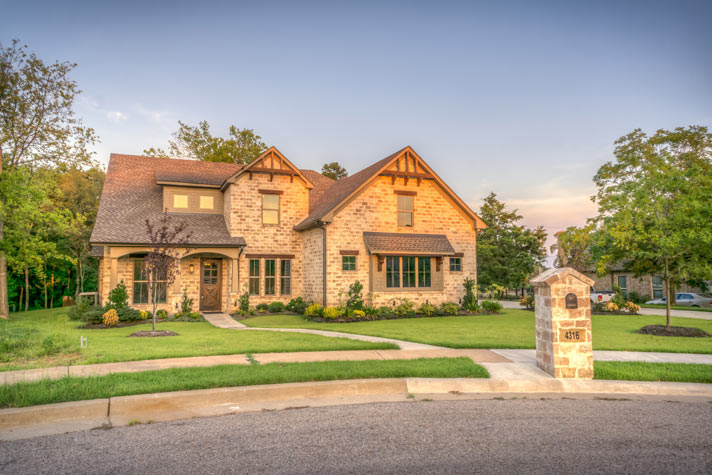On Real Estate & More – July 2017
Everyone wants to get the highest price possible when selling their home, and many people believe their home is worth more than it actually may be. After all, homeowners have emotions attached to their home and, as a result, often think their home is worth more than prospective buyers do. It’s worth noting that most buyers comparison shop when searching for a home and if a house is priced higher than all the others, they are likely not going to buy it and they may not even look at it. Overvaluing a home may not seem like a big deal but it can have negative ramifications.
Buyers typically have a range of how much they plan on spending for their new home, and if the house is above that range, it is likely they will move on to the next home. Since the majority of home searches start on the internet, sellers can limit the number of potential buyers simply because their home is overvalued. Internet search engines typically offer search ranges, and if the home is priced outside the range, buyers won’t even see it in their search result pages. Let’s say you priced your home at $610,000 when it’s truly valued at $585,000. Anyone looking up to the $600,000 range isn’t going to see your listing. But if you listed it at $599,000, it would appear in the search results.
Here are some ways you may know if your home is priced too high:
- Little to no showing requests—if nobody is coming in through your door, you won’t be getting any offers.
- Showings and no offers—if you have a good amount of traffic coming through your door and no one is submitting an offer, there are three reasons why this could be: price, condition or location. If the condition and location are good but you have received no offers, your property is most likely priced too high.
- Feedback—Once an agent shows a home, they’re solicited for feedback. If you’re receiving feedback stating that the price is too high, then you should seriously consider that feedback.
- Broker open houses—your agent can host what is called a broker open house, an open house for other agents where they’ll walk through and give their feedback. If there’s a consistent pattern of other agents stating your home is priced too high, then it likely is.
Here are the issues that can arise from overpricing:
- Statistics from the National Association of Realtors show the longer your home sits on the market, the lower the price it will sell for.
- The longer your home sits on the market, the less traffic you’ll get over time. This fluctuates depending on the price range, time of year, available comparable inventory, etc.
- Another item that needs to be considered is that most buyers are not paying with cash, and will need a mortgage with the buyer’s lender requiring an appraisal. If your appraisal comes in lower than the contracted price, you’ll likely need to renegotiate certain terms with the buyer.
The market price for a home is determined by what a buyer is willing to pay for it. There are certainly things that homeowners can do to influence buyers’ perceptions of their home’s value and therefore increase the price buyers are willing to pay, but ultimately the buyers will set the price.

 Sandy J. Brown lives in Jacksonville and is a real estate broker and land use planner with Windermere Van Vleet Jacksonville. She can be reached at sandyjbrown@windermere.com or 831-588-8204.
Sandy J. Brown lives in Jacksonville and is a real estate broker and land use planner with Windermere Van Vleet Jacksonville. She can be reached at sandyjbrown@windermere.com or 831-588-8204.